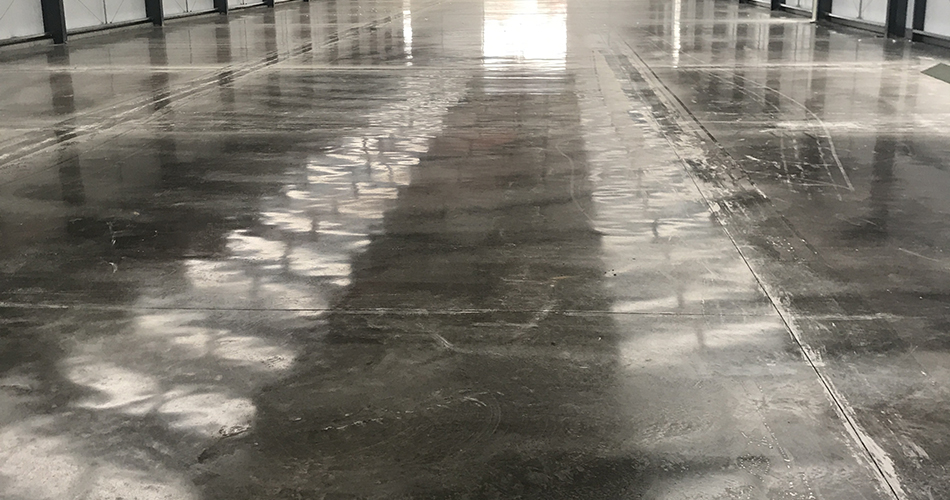Floor flatness levelnessone of the things that distinguishes a high tolerance floor is its f number requirement.
Concrete slab flatness tolerances uk.
F numbers were developed in the 1980s to provide a systematic quantitative way to indicate the flatness and levelness of a concrete floor.
You may assume that both are identical measurements however a concrete floor slab can be flat but not level and visa versa.
The random traffic.
They are calculated using the standards set forth in astm e1155 which is the standard test method for determining f f floor flatness and f l floor levelness numbers the american concrete institute indicates acceptable ranges for flatness and levelness in aci 302 1 guide.
Common tolerances were 1 8 inch or 1 4 inch in 10 feet.
Comprising part of the random traffic floor shall be designated a random traffic slab.
An 100 flat and level concrete floor will be at a 90 degree angle to the wall and.
5 it is not possible to construct concrete floor.
However as shown in table 12 10a sr1 is not achievable on metal decking suspended floors.
Table 12 10a extract from smd tgn online and bs 8204 gives three tolerances for floor flatness.
Where very high levels of flatness s are required as a finished floor or to take direct tiles.
The fl number relates to the general floor slope of a concrete slab from an assumed datum elevation.
F numbers provide architects and contractors a method of determining the flatness and levelness of a concrete floor slab.
All points should be within 15mm from planned level.
Concrete slab surface flatness also referred to as surface regularity surface flatness must not be confused with surface level relative to a fixed datum.
The fallacy of the straightedge method was the location of the measurement.
The allowed deviation varies from 3 to 10mm depending on the flatness designation.
The difference in elevation of two points which are 10 0 apart are measured as the value.
As recognised in bs 8204 2 mcrma technical paper no 13 sci publication p300 and concrete society s good concrete guide no.
Flatness and levelness tolerances.
Note that flatness is a result of good finishing while levelness is a result of good screeding followed by finishing processes that don t undermine the screeding.
Although we typically achieve average flatness smoothness values in the 30s the levelness values measured on unshored elevated slabs have been as low as 10.
All points should be within 15mm from planned level.
How is the tolerance of a concrete floor measured.
Specialist tolerances can be agreed between client designer and contractor.
The higher the f number the flatter or more level the floor.

